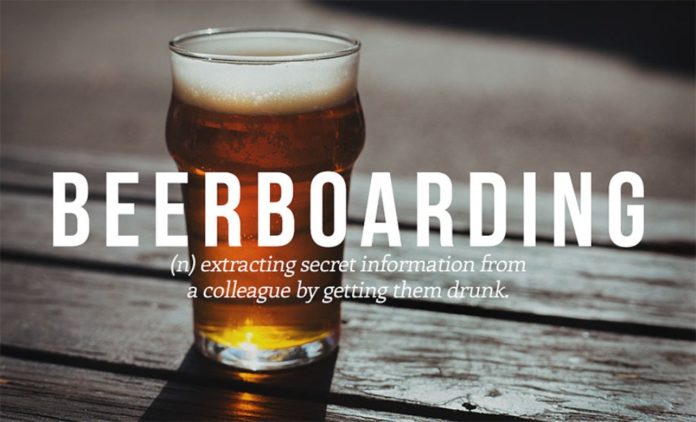“Impressive latte art at Starbucks is a welcomed distraction from the trilemma of choosing between moping, vacuuming or ignoring the floordrobe in your bedroom”. If such heavily-worded sentences (no we aren’t referring to Shashi Tharoor’s tweet here) leave you perplexed, you can find the meanings of unique, unheard words in the recently updated Oxford English dictionary 2017. After the fresh Oxford dictionary update, unique words like embiggen, adorbs and grimdark came into existence.
Earlier, it weren’t grammar Nazis but authors and storytellers who casually added little words here and there. Later, they were absorbed in the English dictionary. We take this opportunity to travel back in time when 10 famous English authors added the most unusual, now commonly used words in English language.

English Authors who Accidently Coined 10 New Words for Oxford Dictionary
- Nerd

Theodor Seuss Geisel aka Dr. Seuss, the ingenious creator of witty quotes and movie dialogues devised ‘nerd’ (meaning: a strange little animal) in his book “If I Ran a Zoo” (1950).
- Tween

‘Tween’ refers to youths in the age group 8 to 14. The phrase denoted transition from childhood to teenage. Writer J.R.R. Tolkien first used this phrase for young hobbits in his book ‘The Hobbit’ (1937).
- Luggage

Yet another clever word devised by Shakespeare, besides ‘eyesore’, ‘bump’ and ‘bedazzled’. The famous writer used it in his 15th century novel ‘King Henry IV’.
- Robot
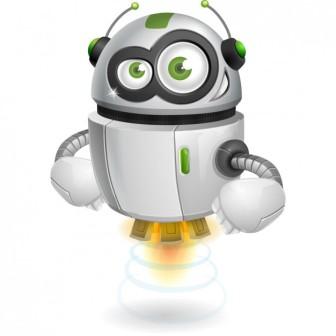
Karel Capek minted ‘Robot’ (meaning forced slavery) in his 1920 book (Rossum’s Universal Robots).
- Hard-boiled
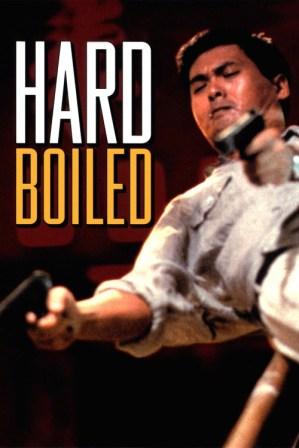
18th century author Mark Twain used self-styled phrase ‘hard-boiled’ (meaning hard headed, hardened or uncompromising) in one of his speech.
- Boredom
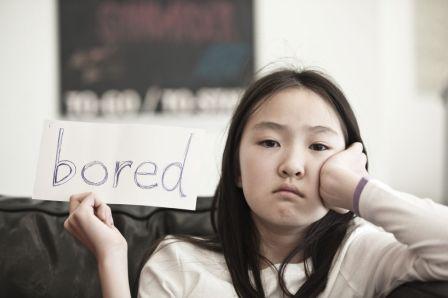
Apart from boredom (dullness) first used in Bleak House (1853), Charles Dickens devised doormat, flummox, rampage, cheesiness and snobbish.
- Dreamscape

Bubbly Sylvia Plath invented dreamscape for describing a mysterious landscape characteristic of dreams in her book ‘The Ghost’s Leavetaking’ (1958).
- Feminist
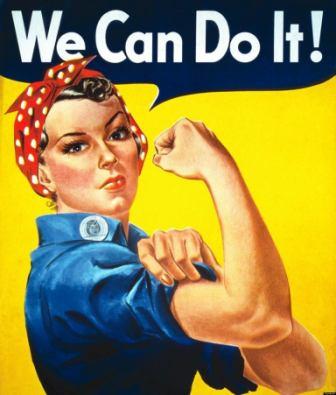
Feminists (people we find almost everywhere) are ardent advocates of female rights. The word was conceived by Alexandre Dumas in his 1872 book L’Homme-femme.
- Meme
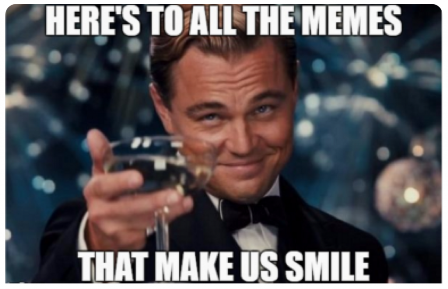
Genius Richard Dawkins used meme (funny representation of a person’s personal ideas on another individual or a particular situation) his book ‘The Selfish Gene’ (1976).
- Scaredy-Cat
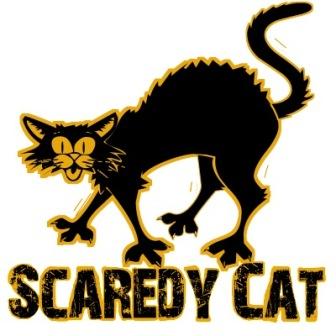
Author Dorothy Parker used ‘scaredy-cat’ for people who get frightened easily. The word cropped up in 1933 book ‘The Waltz’.


